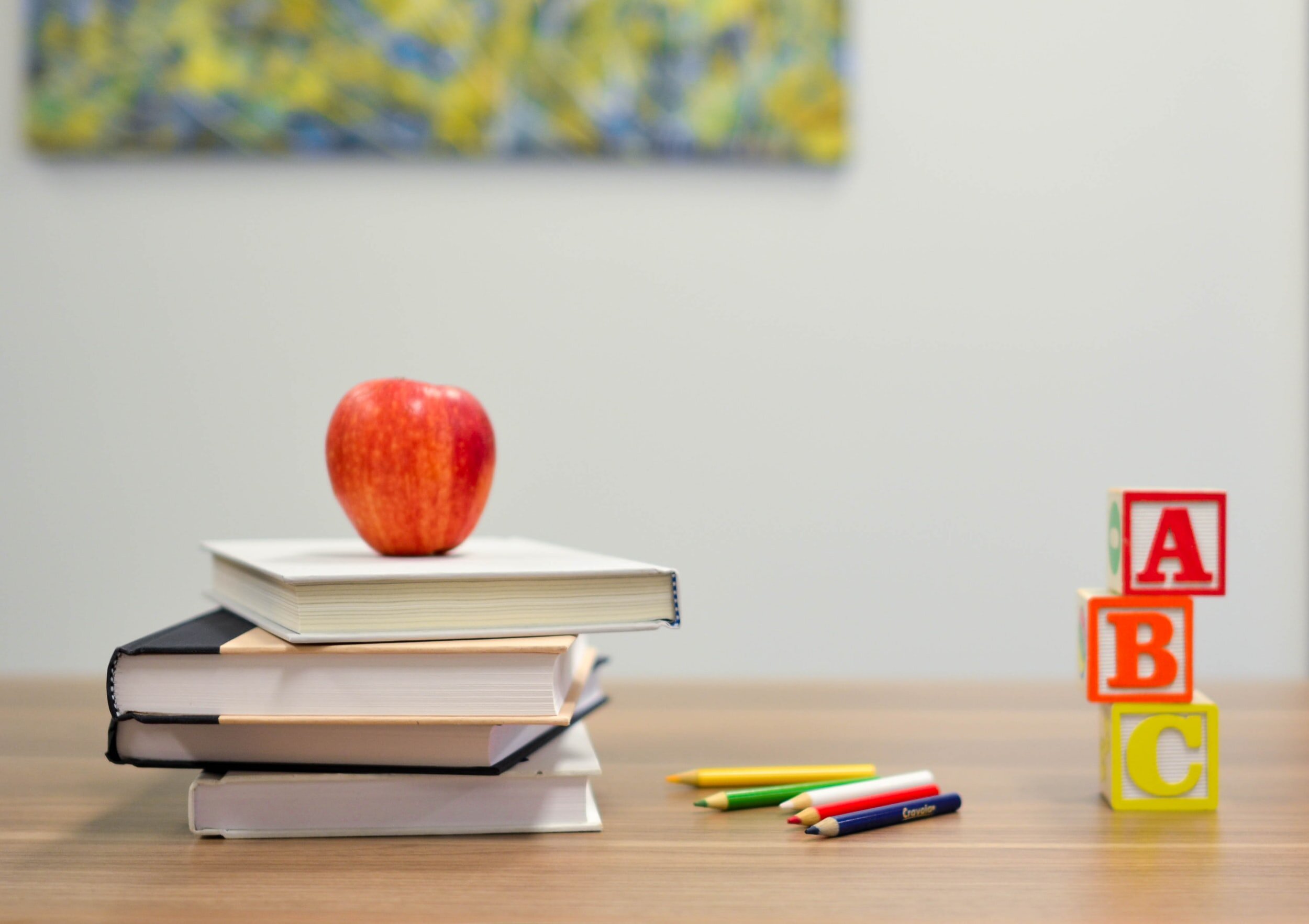Schooling
September 26th, 2021
Jesus Christ: Yesterday, Today and Forever ~
Ever since the pandemic took hold and schools were closed in March of 2020, parents have been asking me questions about schooling. I should have wrote this column then, however questions keep coming up 18 months later so here I go.
Due to the pandemic, most American kids lost more than a year of schooling. When schools were closed in March of 2020, almost all schools were simply out for the summer. When schools reopened 5-6 months later online, in August/September of 2020, the retention of what they learned the previous year was seriously lacking for most kids, so they didn’t simply pick up where they left off. Then in the 2020/21 school year, the kids did online classes until the spring of 2021. As a learning model, the internet is way worse for most kids (and most adults) than in-class. Now kids are back in school, but between what they missed in the past 18 months and what they have forgotten, most kids are honestly a year or two behind where they would have been otherwise. Which brings me to some recommendations.
Don’t get hung up on what grade your kids should be in based on their age. It’s okay to start Kindergarten at age six. It’s okay to graduate from high school at age 19 or even 20 if that is what is best for the child. If your child lives to be 90, then the first 20 years of their life is simply setting them up for the next 70! It’s better to hold a child back, or start them late, than have them struggle through school and suffer the life-long effects of poor self-esteem. For example, if your child did Kindergarten online last year, then they missed Kindergarten, or at least what Kindergarten is about – socialization in a school environment. You’re not holding them back to have them do Kindergarten this year; you’re simply starting their schooling with Kindergarten instead of 1st grade.
Pre-school through high school is about three things not one: academics, socialization, and extra-curricular activity (recess, sports, outdoors, music, clubs, etc.). The educational establishment and the media only seem to focus on the academic, but don’t you fall for it; all three are equally important in creating a successful adult.
Character is more important than what a person knows. Satan and the fallen angels all know more than any of us, yet they are in hell for eternity. Children learning the virtues and living them at school and home, will have happier lives and achieve far more good than those whose don’t learn them – regardless of grades in school. Model the virtues for your children and grandchildren, and teach them. There is a lot of information about the virtues on the internet, do a search for them. Here’s a good place to start.
As Catholics, I hope you get how important God and salvation is – taking either for granted is foolish indeed! Just ask everyone in heaven, purgatory, and hell. The Church isn’t primarily responsible for your child’s religious education and formation, parents and grandparents are. The Church tries to help parents and grandparents but that’s as much as the Church can do. If your kids attend public school and our faith formation programs, then they get about 20 hours of religious instruction a year! Compare that with the amount of time they spend in front of a screen during a week (TV, movies, video games, internet, smartphone), let alone the amount of time they spend in school or with other kids and the influences from both. Even if your kid is in a Catholic school, they are only getting five hours of religion per week (in a really good week) and only when school is in session. Compare that to the other 163 hours in a week or 168 when school isn’t in session.
Speak naturally and frequently about two great vocations that are super important and meaningful, yet totally ignored in almost every child’s educational upbringing: a religious vocation; and being a husband, father, wife, mother, and homemaker. The Church and world desperately need both. Without the latter, the human race would simply cease to exist – yet children will never hear this discussed in school let alone taught?!
Do your best and don’t worry, but you’ve got to do your best, even though it will mean much greater sacrifices than what most other parents make for their kids.
Holy Redeemer provides tuition assistance for St. Joseph and Our Lady of Lourdes parochial schools, as well as the local homeschool consortiums of Regina Caeli Academy and Augustine.
A word about homeschooling. Due to the pandemic, homeschooling has really taken off. Parents homeschool for many different reasons, but what they all have in common is a desire to do what is best for their children. Catholics who homeschool (as opposed to non-religious who homeschool), do it for the religious and moral wellbeing of their children, and I hope you can greatly respect that. However, not all parents who want to homeschool can. It takes:
Both parents agreeing.
A one income household so that the homeschool parent can stay home and teach (almost always the mother).
A capable parent – there is a lot to juggle. Not everyone who wants to do this is able, and that includes some who think they are but aren’t. Humility is important here.
Respect for a parent as a teacher. Some kids just don’t take their mother seriously as a teacher, especially boys. By their teen years they can be falling way behind. It can be necessary to let someone else teach your child if they are falling behind, or the homeschooling has simply become dysfunctional.
Accountability for the parent who can get behind, or allow their child to fall behind.
Ready-made curriculum and homework that the homeschool parent helps their children do, but does not create themselves. Just winging it doesn’t work.
Kids need regular weekly socialization with kids their own age.
Again, I think homeschooling is great for those who can do it, but because all of these things must be met to make homeschooling a possibility, it is and will remain a reality for only a small percentage of families.
In Christ the Teacher,
Fr. Thomas Nathe


